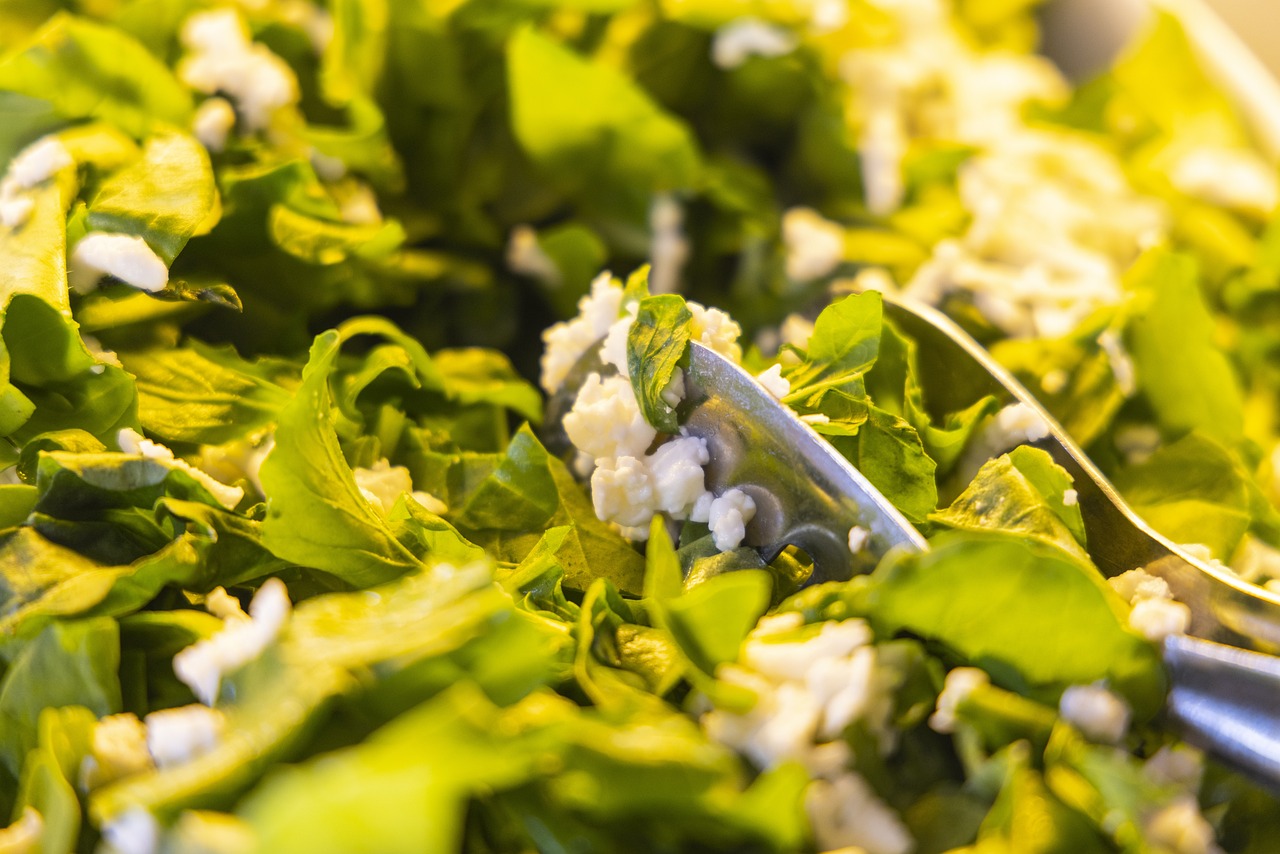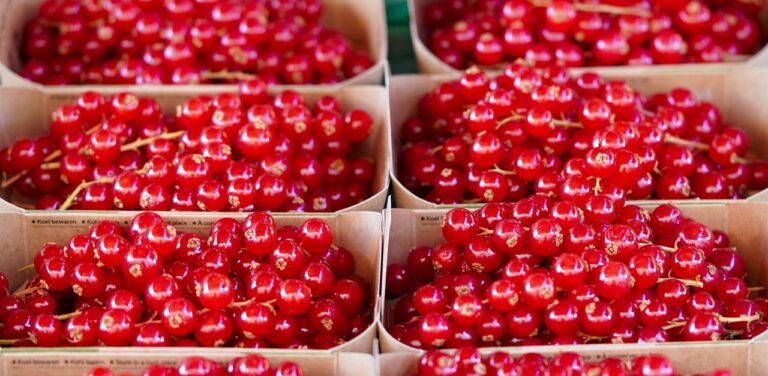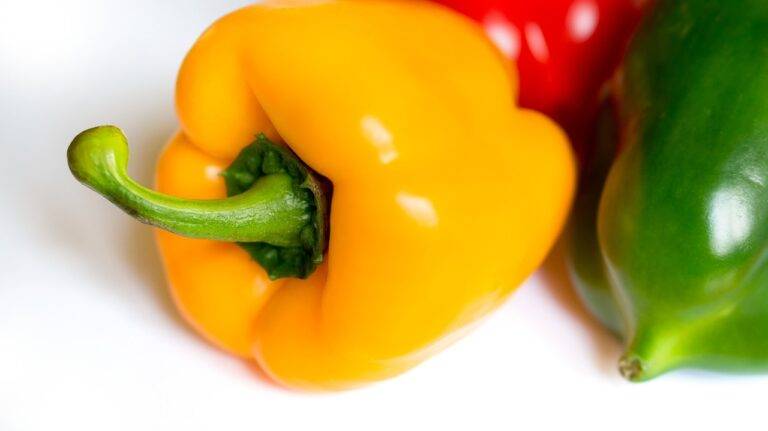Exploring the role of fruit pulp and puree in supporting indigenous food sovereignty: Sky247.net login, 11 x play game, Playexch 99 login
sky247.net login, 11 x play game, playexch 99 login: Exploring the role of fruit pulp and puree in supporting indigenous food sovereignty
When it comes to understanding the importance of indigenous food sovereignty, it is crucial to consider the role that traditional foods play in preserving cultural identity, promoting community health, and supporting sustainable food systems. Fruit pulp and puree, made from locally grown fruits, are valuable resources that can contribute to food sovereignty initiatives within indigenous communities.
The use of fruit pulp and puree in indigenous diets is a time-honored tradition that dates back generations. These products not only provide essential nutrients and vitamins but also offer a connection to the land and the traditional knowledge of how to cultivate and harvest fruits sustainably. By incorporating fruit pulp and puree into their diets, indigenous communities can strengthen their cultural identity, promote food security, and support local economies.
One of the key benefits of using fruit pulp and puree is their versatility in culinary applications. These products can be used in a wide range of dishes, from smoothies and desserts to sauces and marinades. By incorporating fruit pulp and puree into traditional recipes, indigenous communities can create delicious and nutritious meals that reflect their cultural heritage and promote food sovereignty.
In addition to their culinary benefits, fruit pulp and puree play a crucial role in supporting local economies and promoting sustainable agriculture. By sourcing fruits locally and processing them into pulp and puree, indigenous communities can create value-added products that can be sold at farmers’ markets, grocery stores, and other outlets. This not only provides economic opportunities for local farmers and producers but also helps to promote sustainable farming practices that protect the environment and support biodiversity.
Furthermore, fruit pulp and puree can be used to address food security issues within indigenous communities. By preserving fruits when they are in season and making them available year-round in the form of pulp and puree, indigenous communities can ensure a stable and nutritious food supply. This is particularly important in remote or underserved areas where access to fresh fruits may be limited.
Overall, fruit pulp and puree play a vital role in supporting indigenous food sovereignty by promoting cultural identity, community health, and sustainable food systems. By incorporating these products into their diets and traditional recipes, indigenous communities can strengthen their connection to the land, support local economies, and ensure a healthy and secure food supply for future generations.
Heading 1: The cultural significance of fruit pulp and puree
Heading 2: The nutritional benefits of incorporating fruit pulp and puree
Heading 3: The economic opportunities of producing fruit pulp and puree
Heading 4: The sustainability of sourcing fruits locally for pulp and puree
Heading 5: Addressing food security issues with fruit pulp and puree
Heading 6: The future of fruit pulp and puree in supporting indigenous food sovereignty
Frequently Asked Questions (FAQs):
1. What fruits are commonly used to make fruit pulp and puree?
Common fruits used to make pulp and puree include mangoes, guavas, bananas, and berries.
2. How long does fruit pulp and puree last?
When properly stored in airtight containers and kept refrigerated, fruit pulp and puree can last for several months.
3. How can I incorporate fruit pulp and puree into my diet?
You can add fruit pulp and puree to smoothies, desserts, sauces, and marinades, or use them as a topping for yogurt or oatmeal.
4. Can I make fruit pulp and puree at home?
Yes, you can make fruit pulp and puree at home by blending fresh fruits and straining out any seeds or pulp.
5. Are there any health benefits to consuming fruit pulp and puree?
Fruit pulp and puree are rich in essential nutrients, vitamins, and antioxidants, making them a healthy addition to your diet.
In conclusion, fruit pulp and puree play a significant role in supporting indigenous food sovereignty by promoting cultural identity, community health, and sustainable food systems. By incorporating these products into their diets and traditional recipes, indigenous communities can strengthen their connection to the land, support local economies, and ensure a healthy and secure food supply for future generations.







